24/7 Helpline:
(866) 899-221924/7 Helpline:
(866) 899-2219
Learn more about Prescription drug Rehab centers in Pine City
Prescription drug Rehab in Other Cities

Other Insurance Options

Oxford

Sutter

Health Choice

BlueShield

Holman Group

Magellan

Premera

Sliding scale payment assistance

MVP Healthcare

Molina Healthcare

Ambetter

Ceridian

Multiplan

GEHA

Access to Recovery (ATR) Voucher

Meritain

PHCS Network

Amerigroup

Carleon

Medical Mutual of Ohio

Meadow Creek
Meridian Meadow Creek is a dual diagnosis drug and alcohol rehab center located in Pine City, MN. Th...



Empower Recovery Services
Empower Recovery Services is a private rehab located in Pine City, Minnesota. Empower Recovery Servi...

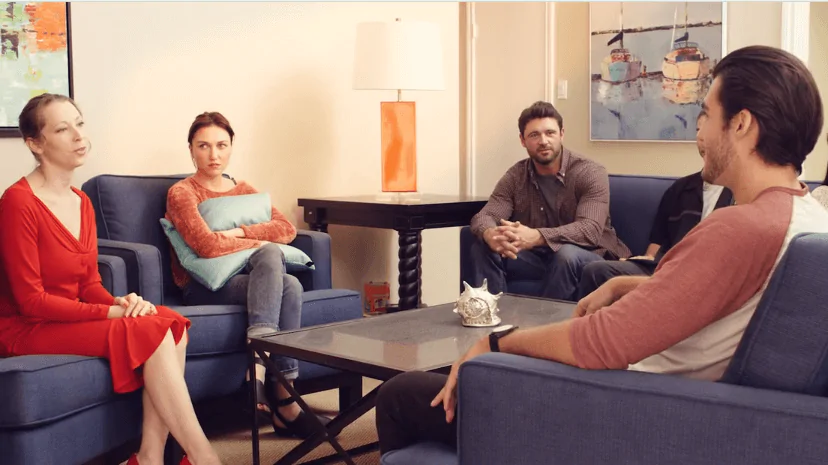



Reach Behavioral Health
Reach Behavioral Health is a public rehab located in Brook Park, Ohio. Reach Behavioral Health speci...







































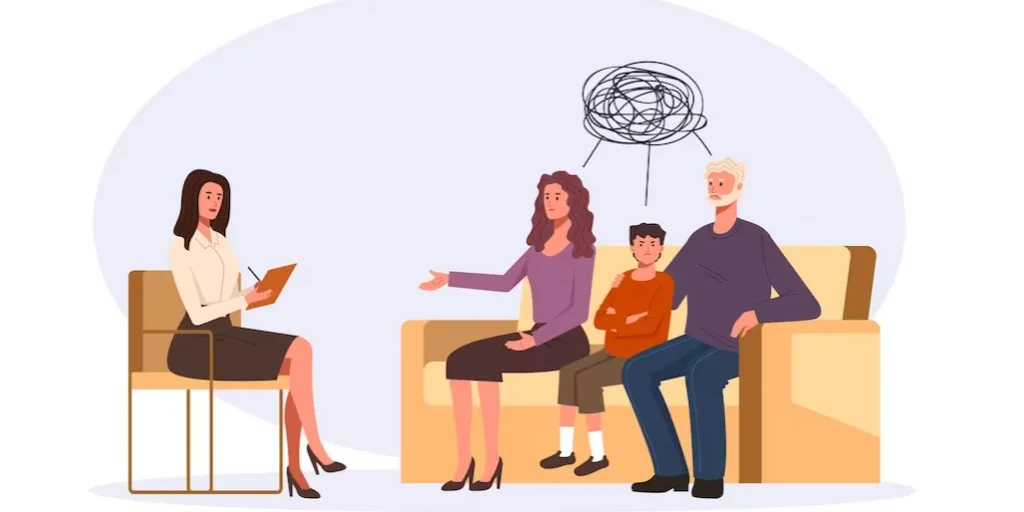








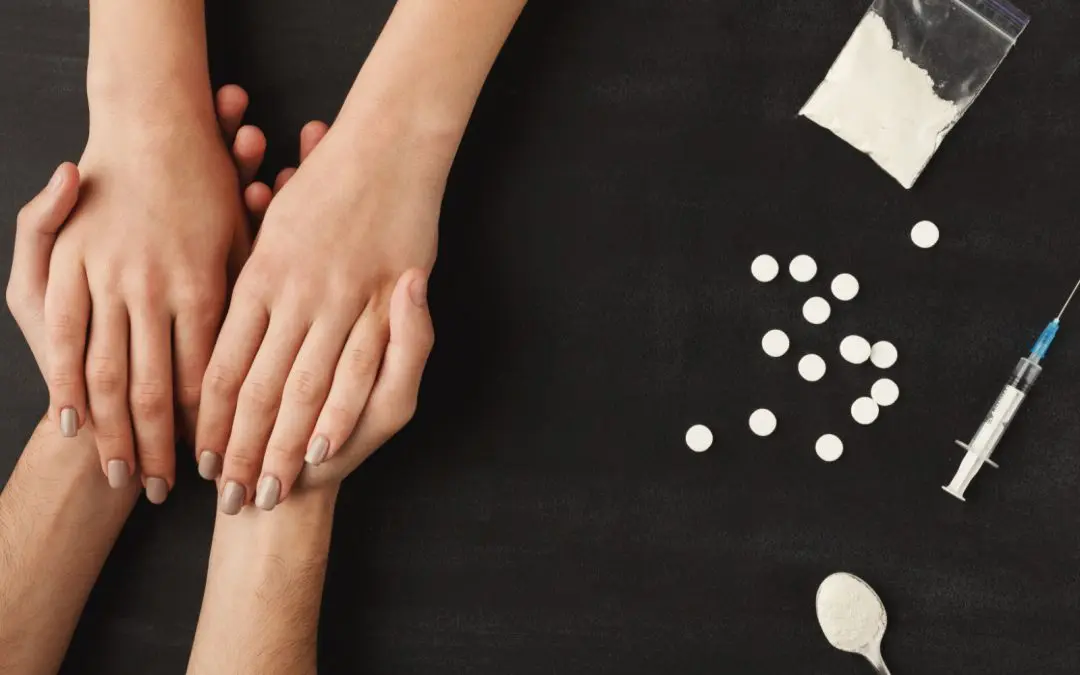






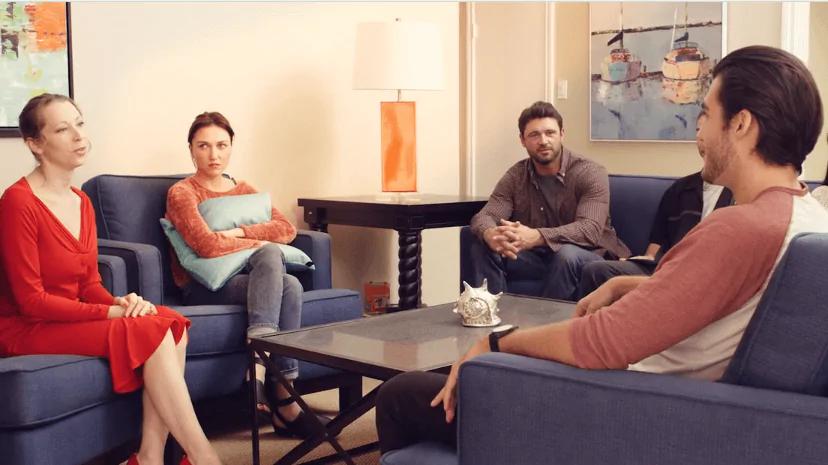


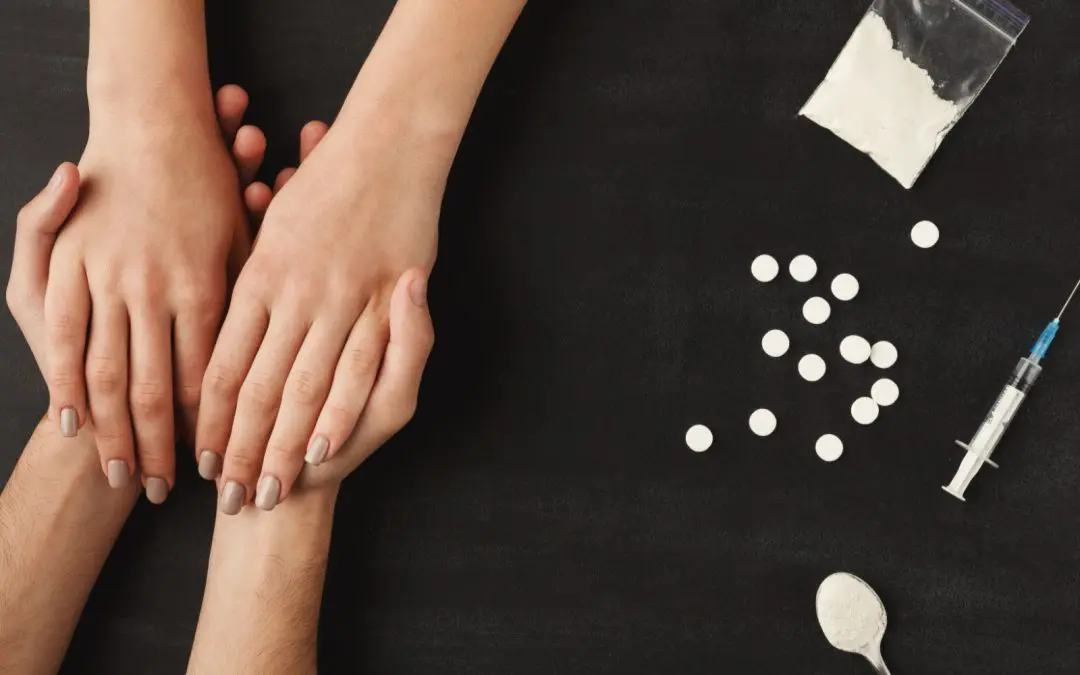


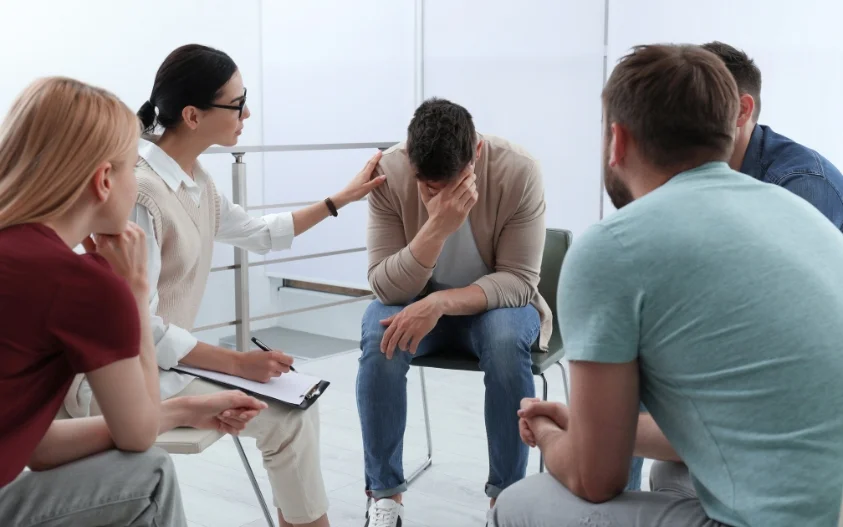
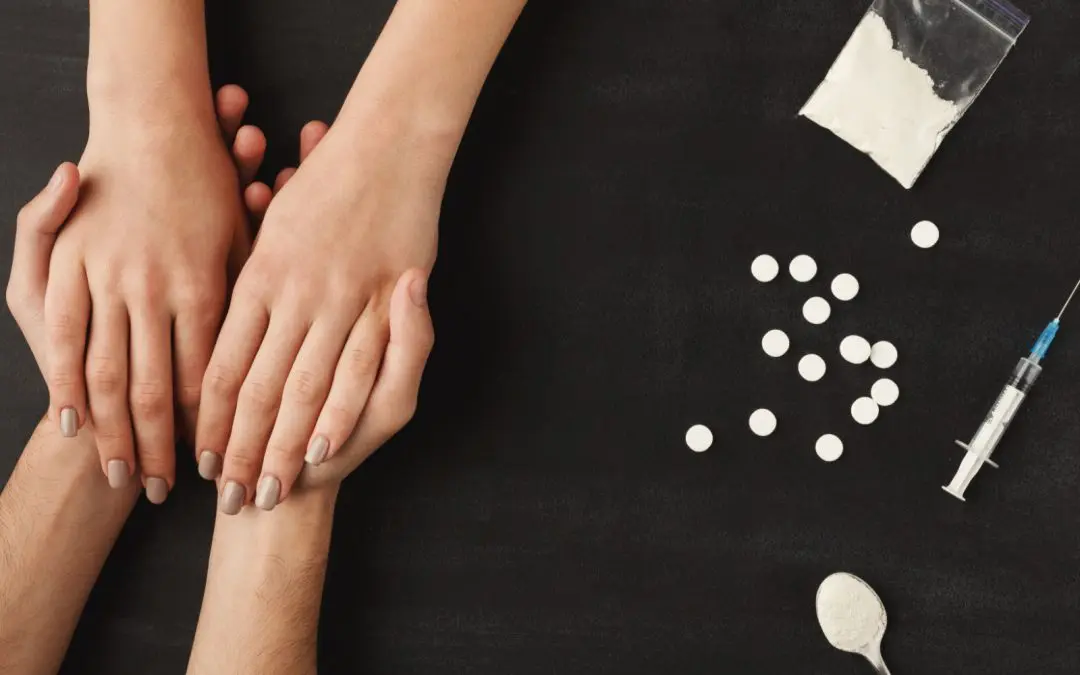






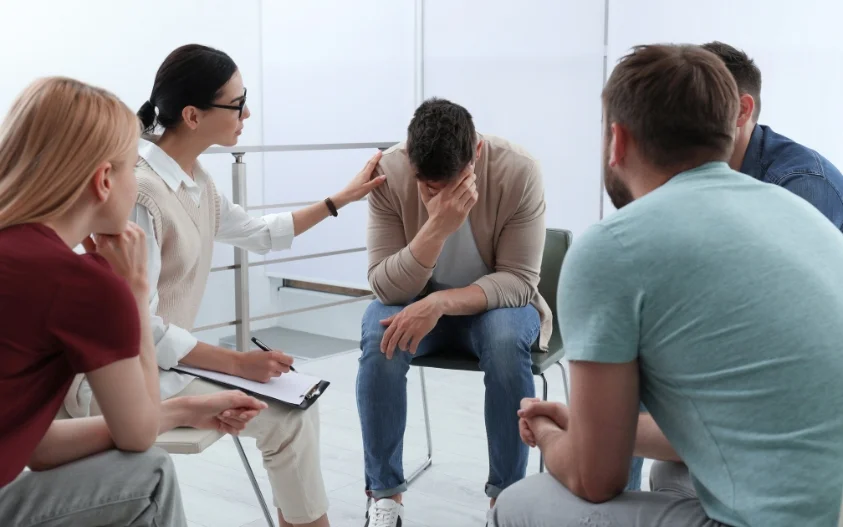





























Mille Lacs Band of Ojibwe – Aazhoomog Community Center
Mille Lacs Band Aazhoomog Clinic is a public rehab located in Sandstone, MN. Mille Lacs Band Aazhoom...

Options for Families and Youth
Options for Families and Youth is a private rehab located in Brook Park, Ohio. Options for Families ...

The Ed Keating Center – Jean Marie House
The Ed Keating Center is a nonprofit substance abuse organization that was founded in 1998. Jean Mar...

Mental Health and Substance Abuse Association
Mental Health and Substance Abuse Association is a private rehab located in Rock Creek, Ohio. Mental...














































